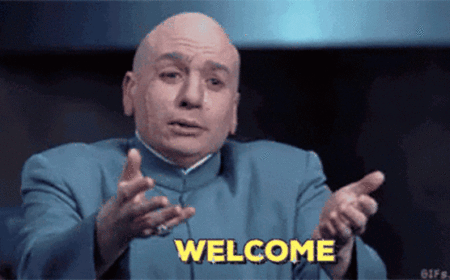We are all leaders. Learn how you can admit a mistake in your community and move on
Not everyone was made to be a leader, and that’s okay. Recognise your strengths; reflect on qualities which do make good leaders

Leaders tend to be held on a pedestal, decorated with admiration ‒ but we are all leaders of our own circles
Be a leader who admits a mistake and moves on
Even if we aren’t in Ancient Greece, we can still be leaders who leave a greater impact on society for others to replicate
As in the times of Ancient Greece, today’s leaders must justify themselves through fair leadership and general consent in the community. A good alliance with your team is what separates you from Julius Caesar’s ending (spoiler: he was literally stabbed in the back by his mates). The ‘Iliad’ describes reckless rulers who ruin their people along with ‘The Odyssey’ that shows how bad shepherds ‘ruin their flocks’.
Good leadership rests on moral qualities; a truly honourable leader knows when they made a mistake, can learn from their mistakes and admit it. They represent higher morals and standards for the rest of us, and confront tormentous times with steady thinking.
But even leaders make mistakes. We’re all humans and part of the flaws of humanity that even the Greeks knew about is our capacity for error. Julie Gurner, an executive performance coach in New York City, says when leaders don’t take responsibility for their shortcomings, it produces a negative employee morale.
Like an earthquake, a flaw in leadership has after-effects that can cause damage if handled incorrectly. If you’re a leader, when you see a mistake, it’s best to manage it with confidence immediately by following these steps:
1. Acknowledge you are only human
Don’t blame a mistake on other team members. It doesn’t have to be a huge scene, but even saying ‘okay, I see what I did here’ ‒ is a mile nobler than saying ‘Stacy must’ve messed this up!’
If an error is very grand with serious consequences, then try to say words with sincerity:
‘I’m sorry that I…’
‘I understand that it caused…’
‘I can only imagine the impact on…’
Control your reaction. You are the captain of a mighty ship that needs a crew that can depend on your navigation.
2. Learn from your mistakes
You’ve made a mistake and you have people watching you ‒ now learn from it. Perhaps there’s a better way of doing something, or maybe you need to re-arrange members. Or you may not be the right person to be managing a certain task, in which case make sure a person who can receive the responsibility.
3. Move on
It’s done. Get back to work.
There’s no need to elongate your shortcomings. It’s completely natural to feel frustrated or even embarrassed and ashamed. These emotions may help you to avoid mistakes in the future. Move on with a good attitude, be willing to learn and review the situation; reflect on leaders in the past whom you can learn from.
4. Communicate
It’s important to clearly define the mistake with others and state the necessary steps to recover if the problem persists. Seek input on how to better avoid a mishap or unforeseen event. Think about how you will grow as an individual and leader in this situation. If your mistake sends shockwaves throughout the company, send a message out ‒ be as clear in your communication as necessary.









